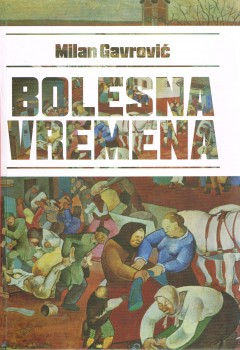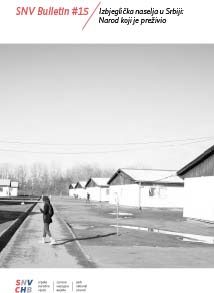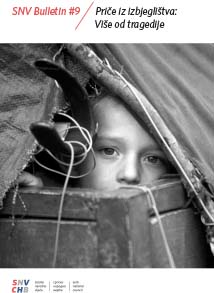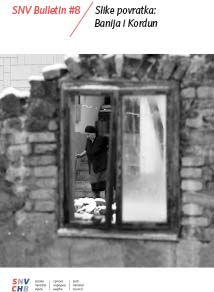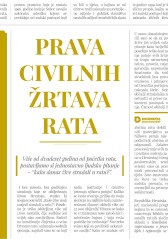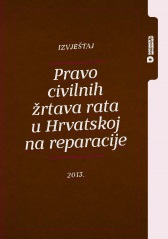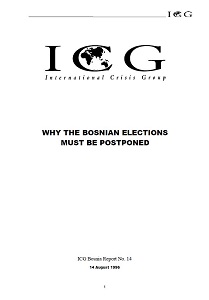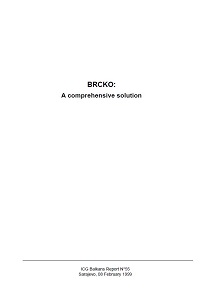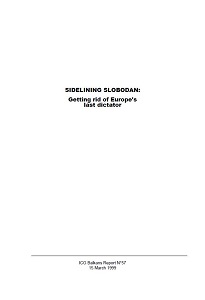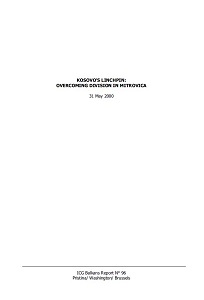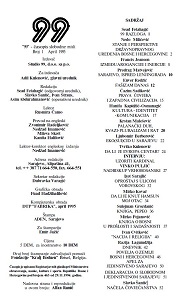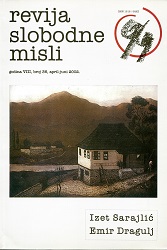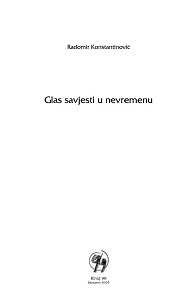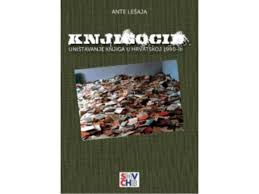
Knjigocid-Uništavanje kniiga u Hrvatskoj 1990ih
Postoje tekstovi – zbirke dokumenata, prikazi nekog događanja i sl. – kojima je potrebno pridodati »riječ unaprijed«. Razlozi mogu biti razni, a autor ih je dužan navesti. Svrha je ovog Uvoda da olakša čitaocu razumijevanje pozicije s koje sam prišao koncipiranju teksta i obradi konkretnog predmeta. A predmet kojim se bavim je uništavanje knjižne građe u Hrvatskoj od 1990. do 2010. godine, dakle, u razdoblju od dvadeset godina.Dva su osnovna razloga zbog kojih sam se tim fenomenom počeo baviti. Jedan, inicijalni, moja je osobna povezanost sa slučajem koji je kroz brojne napise postao poznat kao »bacanje knjiga u kontejner za smeće u Korčuli«, a drugi je iznenađujući intenzitet netrpeljivosti prema Drugome i isključivost – politička, nacionalna, etnička i ideološka – u vrijeme »prevrata devedesetih«, s pripadajućim i već puno puta u povijesti viđenim tragičnim posljedicama – ubijanjima, razaranjima imovine i uništavanjem spomeničke baštine. Stoga je i uništavanje knjižne građe u Hrvatskoj, u mjeri u kojoj ga je bilo i kao samo jedno u nizu sličnih povijesnih iskustava, zadobilo svoju »povijesnu obilježenost«.
More...
